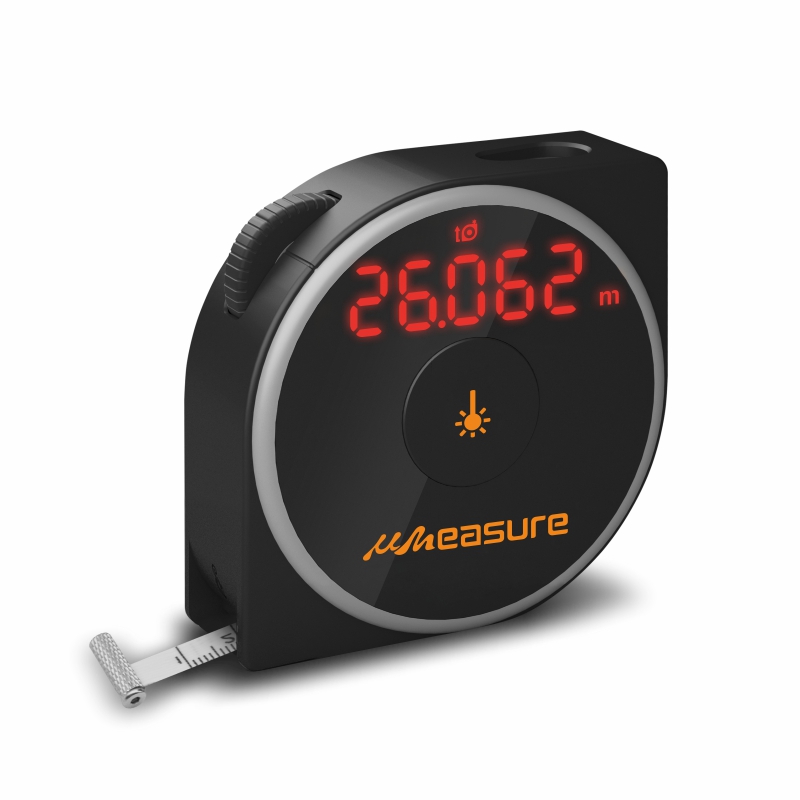
As cars get more and more like computers on wheels, what can stop hackers from taking over your computer?
In a recent demo, hackers showed that they could slam on the car's brakes at the speed of the highway, knock on the steering wheel, and even turn off the engine --
It's all their laptops.
Hackers are promoting their work to reveal holes in more and more car computers.
All cars and trucks have 20 to 70 computers.
They control everything from brakes to acceleration to windows and connect to the internal network.
Recently, some hackers managed to get into these intricate networks.
In one case, a pair of hackers manipulate two cars by inserting a laptop into a port under the dashboard, where mechanics connect their computers to search for problems.
What's even more frightening is that the other group controls a car's computer through a mobile phone and Bluetooth connection, a CD player and even a tire pressure monitoring system.
To be sure, the "hackers" involved"
It took the two teams a few months to break into the computer.
No real-
The world case of hackers taking over cars remotely.
But experts say
As automakers provide full Internet access to their cars and add computers, technology hijacking will become easier
Controlled safety devices that take over driving duties in an emergency, such as braking or steering.
Another possibility: Technology
The savvy thief can open the door and drive away with your car.
Rich Mogull, CEO of Phoenix, said: "The more technology they add to cars, the more opportunities they have to be abused for evil purposes.
Based on Securosis, guarantee company.
"History is constantly showing us that anything with a computer chip is fragile.
"Over the past 25 years, automakers have gradually realized computerized functions such as steering, braking, acceleration and steering.
For example, the electronic throttle position sensor is more reliable than the old throttle cable.
Electronic parts can also reduce the weight of the car and reduce the use of gasoline.
Today, the small computer network inside the car is a fertile ground for hacking.
Reality Check of driverless cars in Nissan and GM: Self
Charlie Miller drives a car. Louis-
Twitter's security engineer, along with Chris Valasek, intelligence director at Pittsburgh computer security consulting, manipulated computer systems into 2010 Toyota Prius and 2010 Ford cars through the ports used by mechanics.
"We can control steering, braking, acceleration, seat belts, lights, horns, speedometers, gas meters to a certain extent," Valasek said . ".
The pair used federal funding to expose a loophole in car computers.
Even with their expertise, it took them nine months.
Valasek and Miller released a report at the hacker conference in August, including instructions on how to invade the car network.
They say they are doing this to get attention to these issues and to get automakers to solve them.
The two said car makers did not add security to the port.
In addition to a statement saying that it takes security seriously and that Miller and varasker need physical access to the car to invade, Ford will not comment.
Toyota says it has added security and is constantly testing to stay ahead of hackers.
The company says its computers are programmed to recognize rogue commands and reject them.
Two years ago, researchers at the University of Washington and the University of California, San Diego, did a wider job of hacking into a 2009 medium-sized car with mobile phones, Bluetooth and other wireless connections --
Even a CD player.
Stefan Savage, a professor of computer science at UCSD, said he and other researchers could control almost everything except the steering of the car.
"We could have turned off the brakes.
We could have killed the engine.
"We could have started the brakes," he said . "
Savage did not know which manufacturer made the car they had invaded.
But two people familiar with the matter said the car came from GM, and researchers destroyed the OnStar security system, most notably using cellular technology to inspect customers and seek help in the accident.
These people do not want to be recognized because they are not authorized to speak publicly on this matter.
GM will not comment on the study, but the company has issued a statement saying it takes safety issues seriously and is working on strategies to reduce risk.
One of the people familiar with the matter said that GM's engineers initially dismissed the work of researchers, but after reading the report, they quickly closed the loophole allowing access to car computers.
Savage does not believe that ordinary criminals will soon be able to control cars electronically.
At present, it takes too much time, expertise, money and hard work to invade many computer systems.
"You're talking about a rare group with resources and funding," he said . ".
Instead, he believes that basic theft is more likely to be the result of computerized, with criminals able to remotely unlock doors and then start and drive cars by hacking into diagnostic ports.
Remote unlocking may also result in the theft of parcels, telephones and other items stored in the car.

